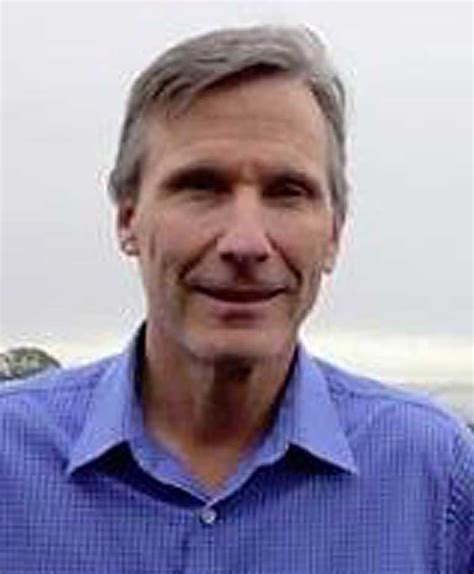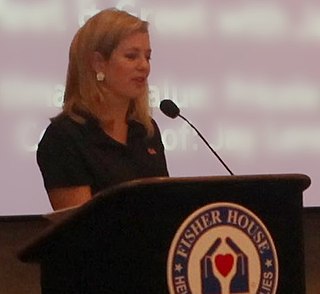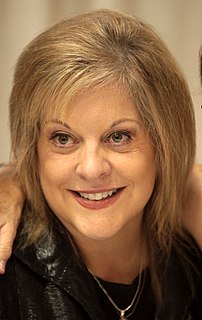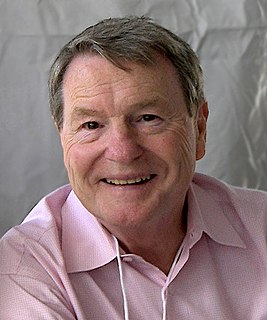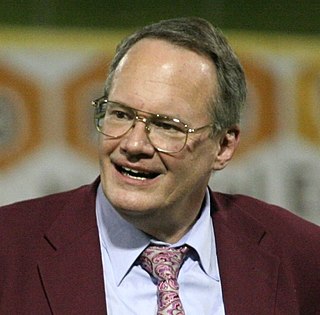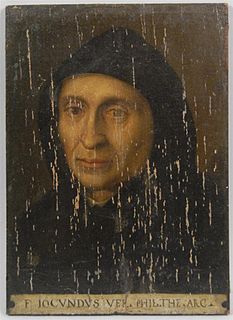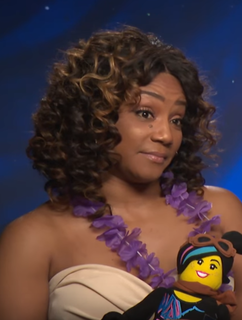A Quote by John Pomfret
I went back to the States and started at a small newspaper in Riverside County, California, covering the police; I was making $280 a week covering the police.
Related Quotes
Many White people are not sensitive to the kind of abuse that African Americans, especially younger African Americans, receive at the hands of police officers and police departments. I think for most Whites their experience with the police has been good or neutral because they don't interact with the police as much as those in the Black community.
